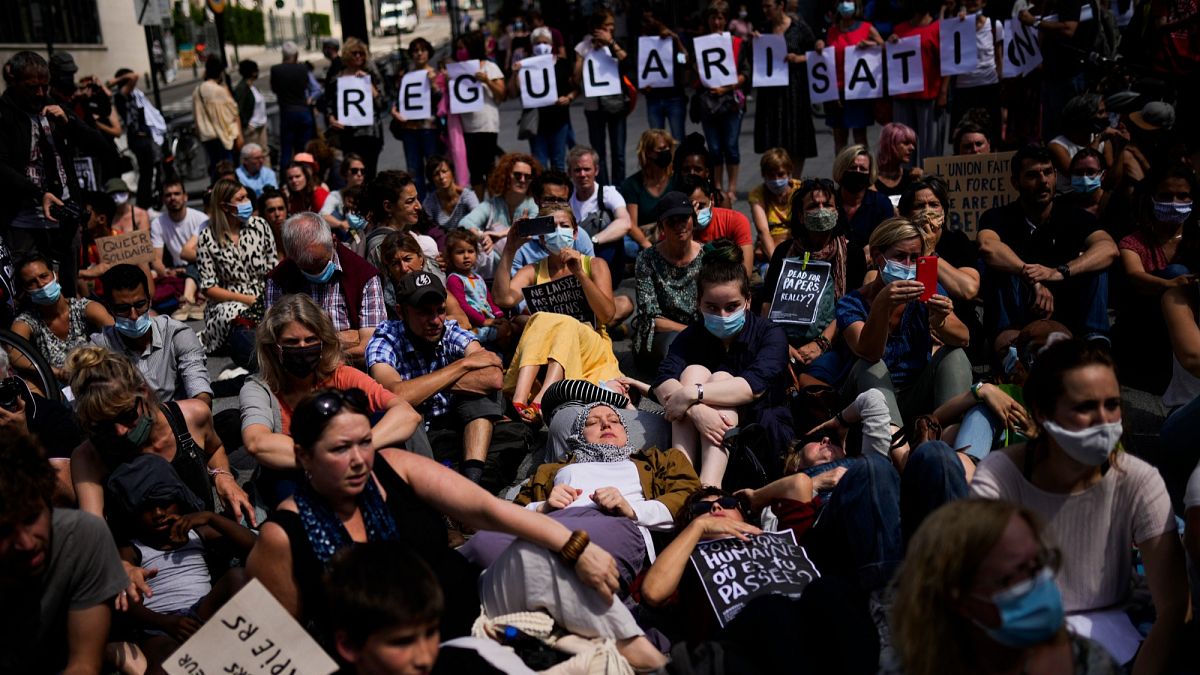

In a world where policy shifts and decisions ripple across borders, recent developments in Europe and the United States highlight evolving approaches to significant social and political issues.
The Belgian government has recently initiated changes to family reunification criteria for migrants, joining a broader European trend. This move aligns Belgium with countries like Portugal and Germany, reflecting an ongoing recalibration of immigration policies within the European Union. Such measures aim to balance national capacities and the humanitarian needs of migrants seeking familial connections in their new homes.
Meanwhile, in Italy, a landmark decision by the courts has broadened parental leave rights within same-sex unions. The ruling affirms that non-biological mothers in these relationships are entitled to paternity leave. The court emphasized that the bond between parents and children transcends traditional biological ties, ensuring that the child’s best interests remain central to family policy.
Migration remains a focal point in the European arena, with several EU countries supporting the European Commission’s migrant outsourcing plans. Denmark, currently steering the EU presidency, is spearheading efforts to forge a consensus on return policies among member states. This initiative reflects an ongoing commitment to synchronize efforts across the bloc, aiming for efficient and humane solutions to migration challenges.
Across the Atlantic, the U.S. Olympic and Paralympic Committee has made a conservative move regarding transgender athletes. Following directives consistent with former President Trump’s executive orders, the committee has barred transgender women from competing in women’s sports categories. This decision dovetails with similar guidelines previously adopted by the NCAA, signaling a significant stance in the sports sector regarding gender identity and competition eligibility.
Amid these developments, the U.S. State Department has raised concerns about Europe’s Digital Services Act, critiquing the legislation as an affront to free speech. Describing the act in Orwellian terms, the department underscored the need for vigilance in preserving the open exchange of ideas, even as regulations strive to address the ever-evolving digital landscape.
Parallelly, in the UK, pressure mounts on Prime Minister Keir Starmer’s government to recognize Palestinian statehood amid increasing tensions in the Middle East. Cabinet members are urging a decisive move following distressing reports from Gaza. The call for recognition reflects a growing international dialogue emphasizing humanitarian considerations and the pursuit of lasting peace in the region.
As these issues unfold across continents, they underscore a period of significant policy reevaluation. Governments and institutions are navigating complex societal landscapes, seeking strategies that align with evolving values while addressing practical realities. Each decision made at the national or international level carries implications that extend beyond immediate borders, affecting global discourse and future pathways.
Source: {link}
